In part 3 of this 1958 blog series, we saw that 1958 gave rise to the “cool” West Coast–style jazz, a response to the blues-oriented East Coast style. That led to a reaction from many East Coast musicians, who favored a harder approach.
FUNKY HARD BOP GAINS TOEHOLD
Hard bop was the very antithesis of the West Coast cool style. It emphasized solos, all but discarded arrangements, and adopted blues and gospel devices.
The small independent labels Blue Note and Prestige chronicled hard bop much the same way Contemporary and Pacific Jazz did the West Coast style. Blue Note had such contract artists as Art Blakey (drums), Kenny Burrel (guitar), Sonny Clark (piano), Lee Morgan (trumpet), Hank Mobley (tenor saxophone), Horace Silver (piano), and Jimmy Smith (organ).
Prestige had Donald Byrd (trumpet), John Coltrane (tenor saxophone), Art Farmer (trumpet), Curtis Fuller (trombone), Red Garland (piano), Jacky Mclean (alto saxophone), Art Taylor (drums), and Mal Waldron (piano).
Contracts were as loose as the music and allowed musicians to record on either label, which they often did.
Taken together, the Blue Note and Prestige recordings shared a common sound: a loose, rough-hewn, raw-edged, dark sound that celebrated individual over collective expression. While most of the musicians knew each other and often played together, they were not, for the most part, members of working bands.
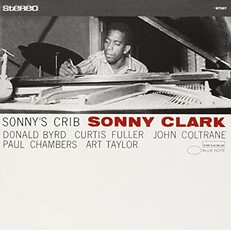
For all the hoopla in the trade press about hard bop rescuing the heart and soul of jazz, most of these albums received so-so three-star ratings in DownBeat.
Four- and five-star ratings were rare. Sonny Clarke’s albums on Blue Note--Sonny’s Crib, for example—always contained vital music but never received high marks, at least not from DownBeat reviewers.
Five albums in particular characterized the best of the hard bop movement in 1958. The first, All Morning Long on Prestige—led by Miles Davis pianist Red Garland, with John Coltrane (tenor saxophone), Donald Byrd (trumpet), and Prestige house drummer Arthur Taylor—devoted one side to the title track and featured good solos all around (four stars, DownBeat).
Guitarist Kenny Burrell recorded two minor gems, Blue Lights, with a stable of hard-boppers on Blue Note (five stars, DownBeat), and another with John Coltrane on Prestige (five stars, DownBeat), and Horace Silver added Six Pieces of Silver to his gospel-tinged hard bop library on Blue Note (five stars, DownBeat).
Lastly, Sonny Rollins recorded Freedom Suite on Riverside (four stars, DownBeat) with Oscar Pettiford (bass) and Max Roach (drums), which surpassed his Way Out West album on Contemporary.
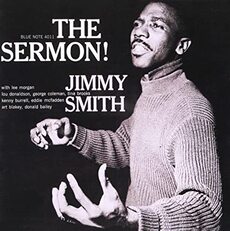
In 1958, the terms “funky” and “soul” appeared regularly in DownBeat articles to describe the R&B, gospel-tinged hard bop of musicians like Art Blakey and Horace Silver.
This music sowed the seeds of the funky, hard bop soul music of the early 1960s, which propelled hard bop musicians to prominence and made household names of Cannonball Adderly, Art Blakey, Ramsey Lewis, Lee Morgan, Les McCann, Bobby Timmons, and Jimmy Smith, among others.
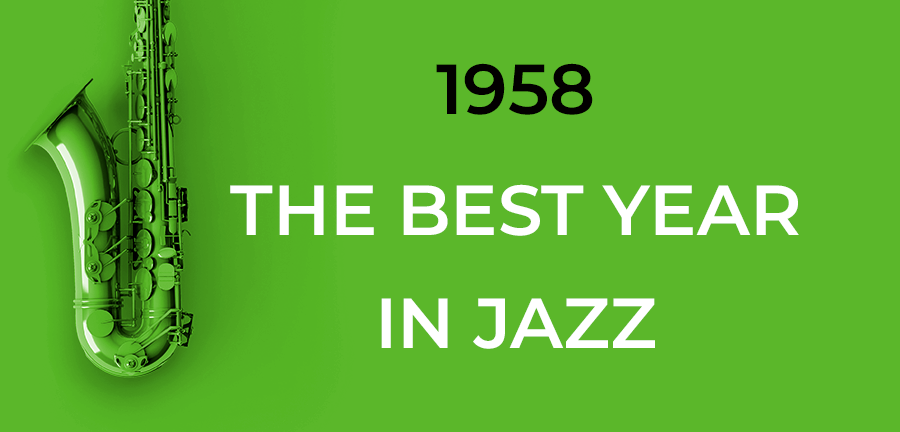
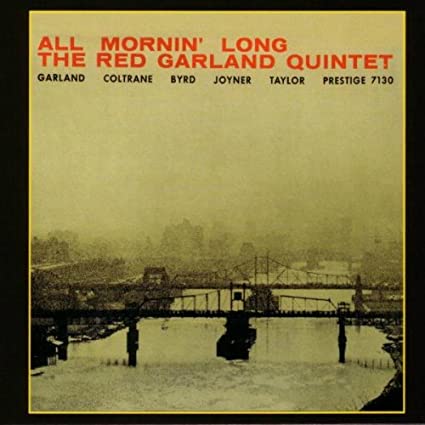
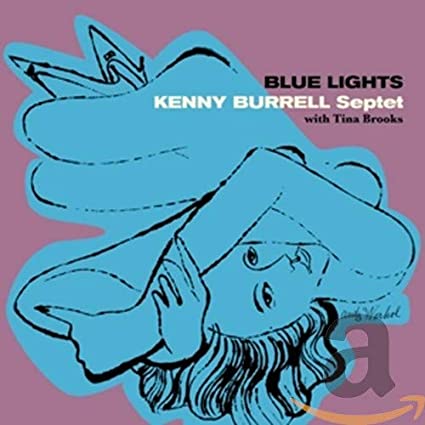
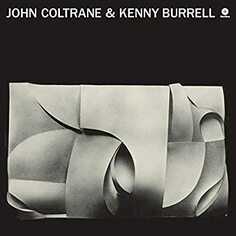
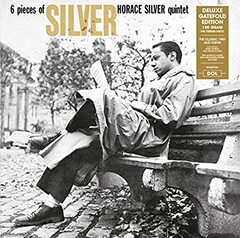
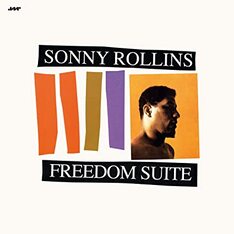

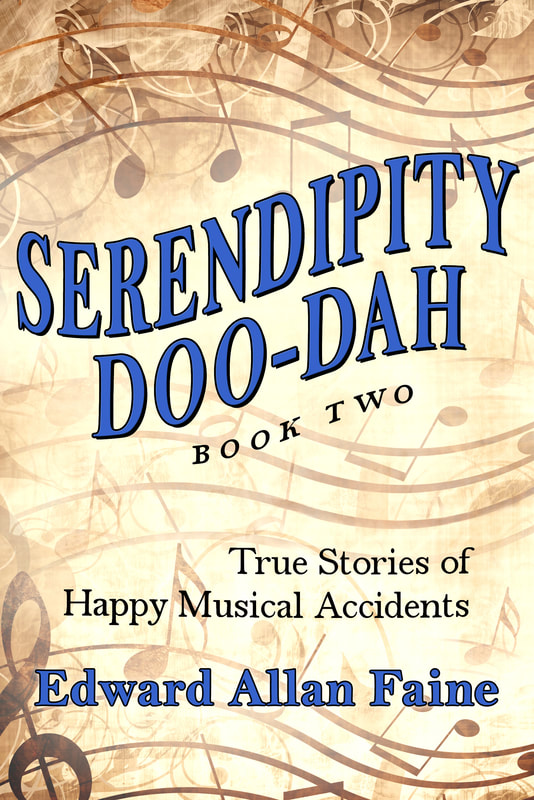
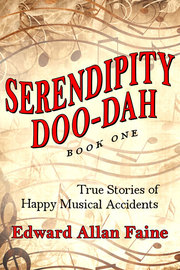
 RSS Feed
RSS Feed